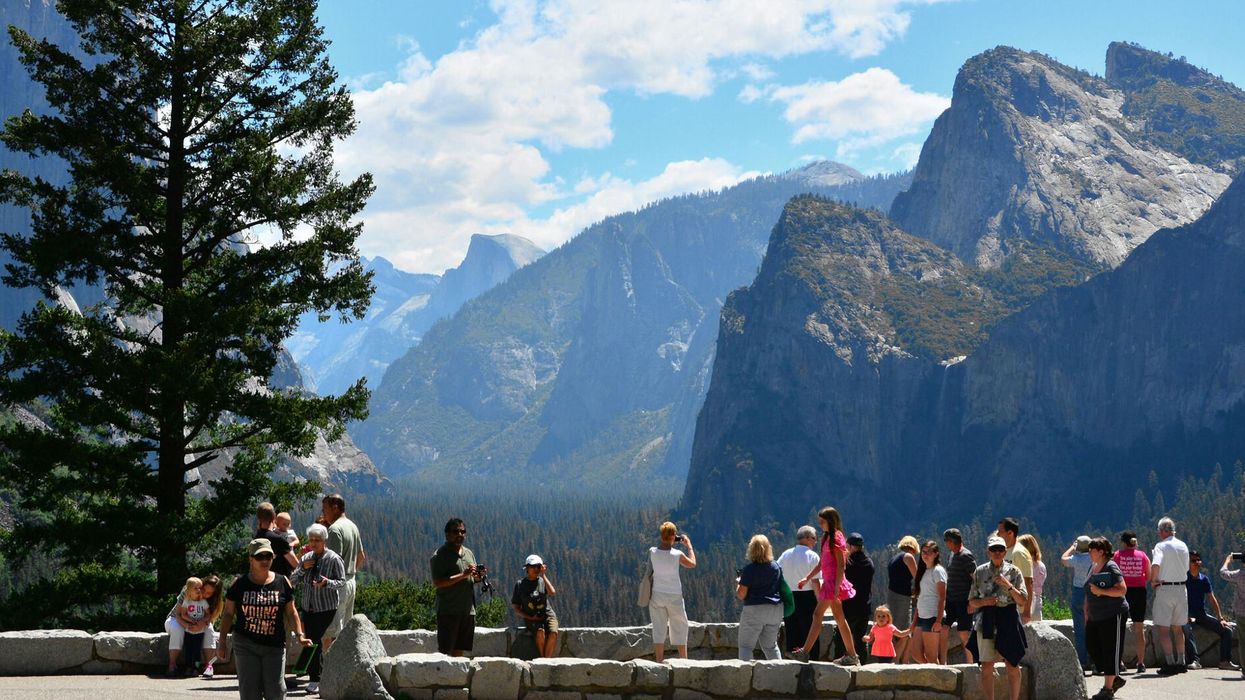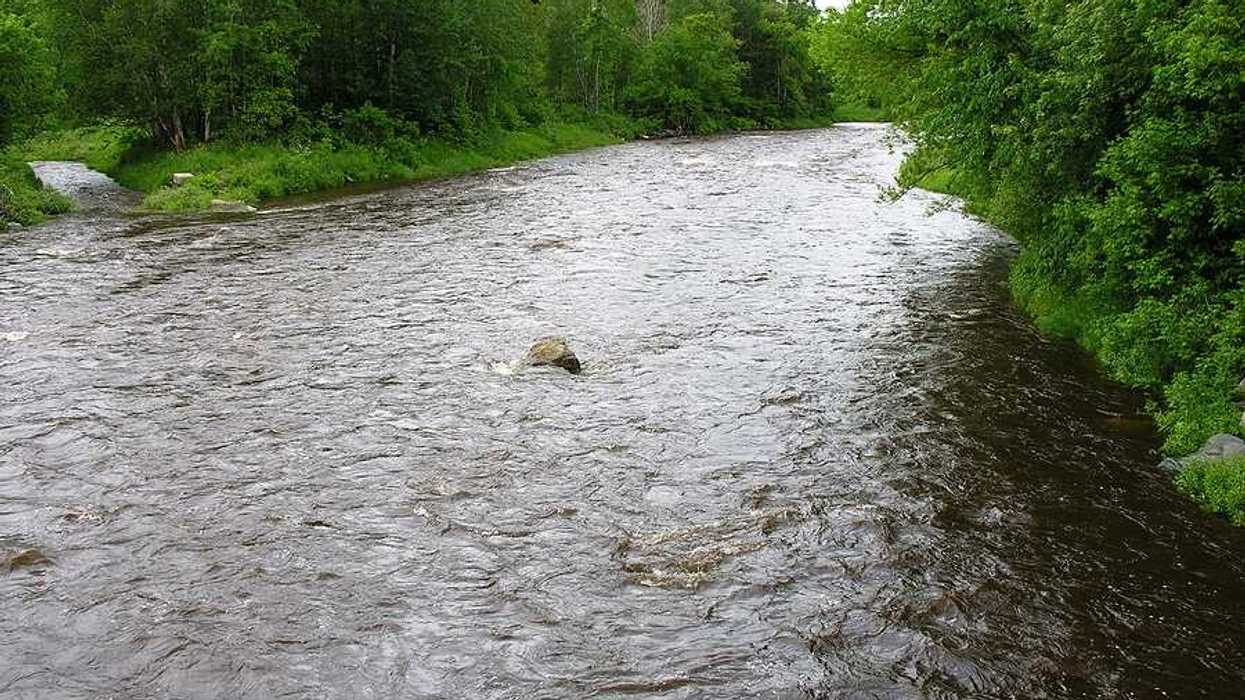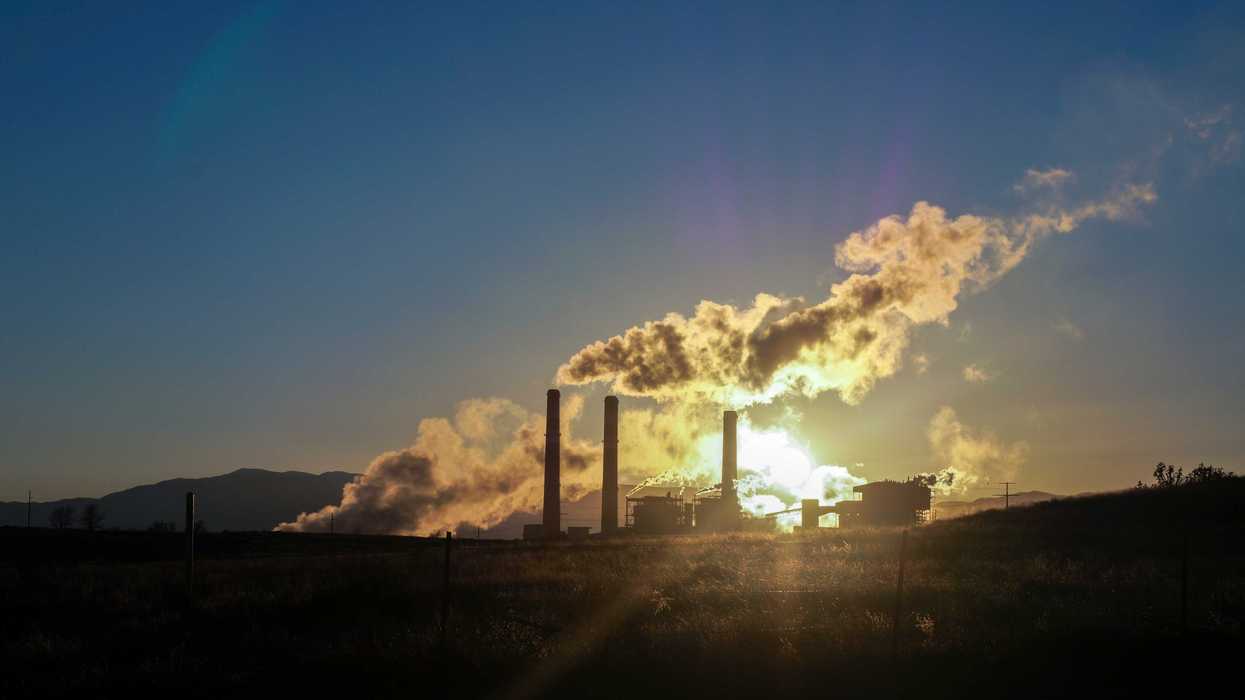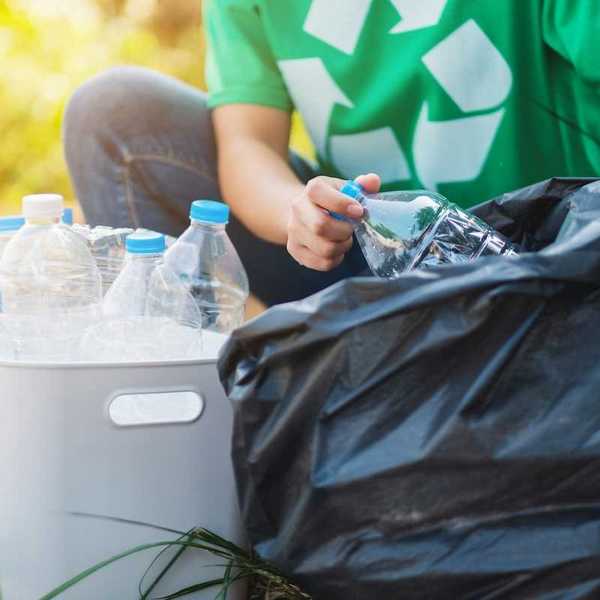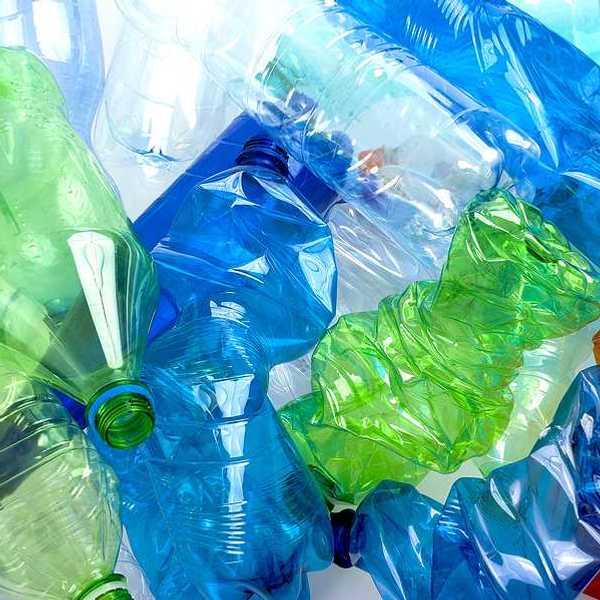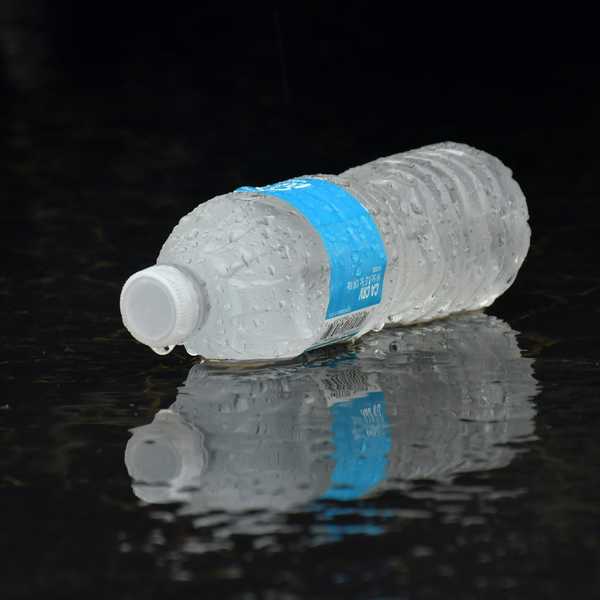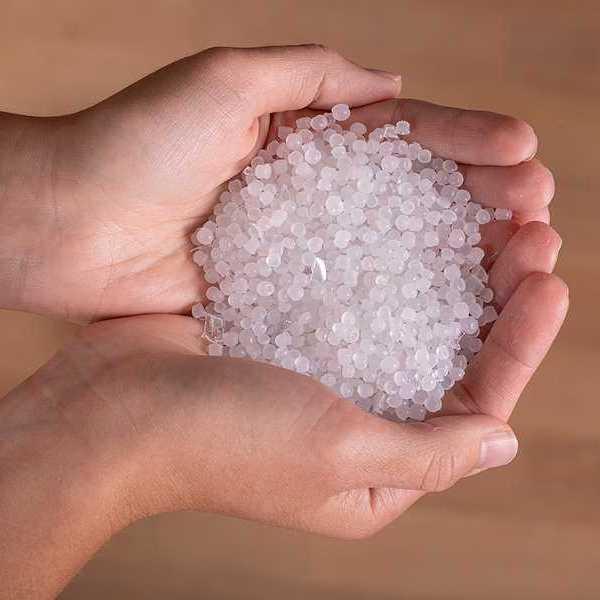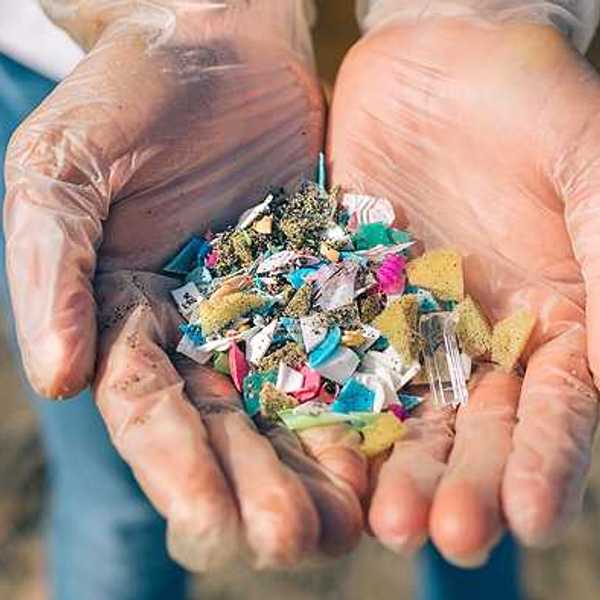About 82% of U.S. voters support stopping the sale of single-use plastics at national parks, according to a poll released today by the non-profit Oceana.
U.S. national parks average 33 million visitors and nearly 70 million pounds of waste each year, according to the National Parks Conservation Association, so a ban on single-use plastics would be substantial.
The national poll, conducted by nonpartisan polling company Ipsos, surveyed 1,005 U.S. adults last November. And, in a true rarity these days, the poll found the support crossing political lines. The findings included:
- 90% of Democrats and 73% of Republicans would support a decision by the National Park Service to stop selling and distributing single-use plastic in national parks;
- 78% of Republicans and 90% of Democrats agree it is important that national parks remain free of plastic trash;
- 82% of Democrats and 70% of Republicans agree that single-use plastic items have no place in national parks.
Plastic policies
The U.S. is woefully behind the rest of the world in tackling plastic waste.
What remains unclear is whether the bipartisanship shown in the new poll over plastics can extend to Washington DC. There is a bill, Reducing Waste in National Parks Act, that, if passed, would ban the sale and distribution of single-use plastics in the parks. The bill was introduced last October by Sen. Jeff Merkley (D-Ill.) and Rep. Mike Quigley (D-Ore.).
Another bill, the Break Free From Plastic Pollution Act, is not specific to national parks but, if passed, would comprehensively address plastic production, consumption, and waste management in the country. That bill was first introduced in 2020 and reintroduced in March 2021 by Senator Jeff Merkley (D-OR) and Representative Alan Lowenthal (D-CA).
In responding to EHN about the bill’s specifics last year, Congressman Lowenthal wrote "this bill incorporates best practices and important common-sense policies. While it may be ambitious—it is by no means radical."
Take action
Single use plastics remain a menace in our National Parks and beyond. Across the globe:
- More than 1 million plastic bags are used every minute, with an average "working life" of only 15 minutes.
- 500 billion plastic bags are used annually—and that's just plastic bags.
- Of all plastics the world has produced, only 9% of the nine billion tons has been recycled—most ends up in landfills, dumps, or in the environment.
- The ocean is expected to contain 1 ton of plastic for every 3 tons of fish by 2025 and, by 2050, more plastics than fish (by weight).
- Studies suggest that the total economic damage to the world's marine ecosystem caused by plastic amounts to at least $13 billion every year.
- If current consumption habits continue, we're on pace to have discarded 12 billion tons of plastic waste into landfills and our environment by 2050.
See the full poll at Oceana’s website, and check out our plastics guide to stay on top of plastic pollution news.
Banner photo: Tunnel View, Yosemite National Park. (Credit: Mike McBey/flickr)

